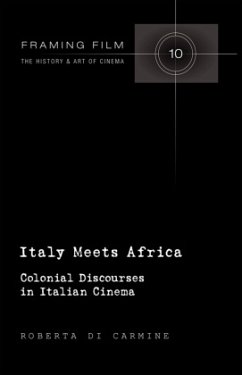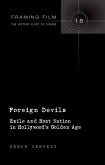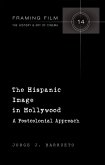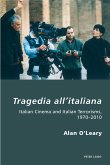Over the past few decades, Italian colonial cinema has proved to be a compelling area to explore artistic productions born during the colonial and fascist periods whose unique ideology shifted from propaganda to fiction. The films produced during the Italian colonial intervention in Africa, which lasted roughly seventy-five years, reflect cinema's recollection of political beliefs and its aesthetic attention to colonialism while exposing its ideological contradictions. Italian colonial films mirror imperial ideology influenced by a racial hierarchy that was acted upon during the colonization of Africa.
This study on images of Italian and African identities displayed in these films today invites viewers to reflect on racially constructed images that speak of justice and loyalty, values that reflect nationalist and patriotic ideals defining but also confining the identities of both Africans and Italians. The films analyzed in this book include Attilio Gatti's Siliva Zulu (1927); Mario Camerini's Kif tebbi (1928); Augusto Genina's Squadrone bianco (1936). To conclude this journey through colonial discourses in Italian cinema, two examples of contemporary cinema given by Bernardo Bertolucci in L'assedio (1998) and Cristina Comencini in Bianco e Nero (2007) expand the study from colonial national and cultural identity to interracial relationships in today's multiethnic Italy. The representations of African and Italian identities found in these two contemporary films grow into compelling visual documents of a historical connection that does not seem to move forward from its colonial mentality.
These films' analyses are helpful tools for understanding the growing racial intolerance which has been troubling Italian society in the past decade. The need remains crucial to explain the racial component of the relationship between Italy and Africa by looking at the imagery of national and cultural identity found in the films shot in Africa during the Italian expansionist intervention in the 1920s and 1930s.
This study on images of Italian and African identities displayed in these films today invites viewers to reflect on racially constructed images that speak of justice and loyalty, values that reflect nationalist and patriotic ideals defining but also confining the identities of both Africans and Italians. The films analyzed in this book include Attilio Gatti's Siliva Zulu (1927); Mario Camerini's Kif tebbi (1928); Augusto Genina's Squadrone bianco (1936). To conclude this journey through colonial discourses in Italian cinema, two examples of contemporary cinema given by Bernardo Bertolucci in L'assedio (1998) and Cristina Comencini in Bianco e Nero (2007) expand the study from colonial national and cultural identity to interracial relationships in today's multiethnic Italy. The representations of African and Italian identities found in these two contemporary films grow into compelling visual documents of a historical connection that does not seem to move forward from its colonial mentality.
These films' analyses are helpful tools for understanding the growing racial intolerance which has been troubling Italian society in the past decade. The need remains crucial to explain the racial component of the relationship between Italy and Africa by looking at the imagery of national and cultural identity found in the films shot in Africa during the Italian expansionist intervention in the 1920s and 1930s.








